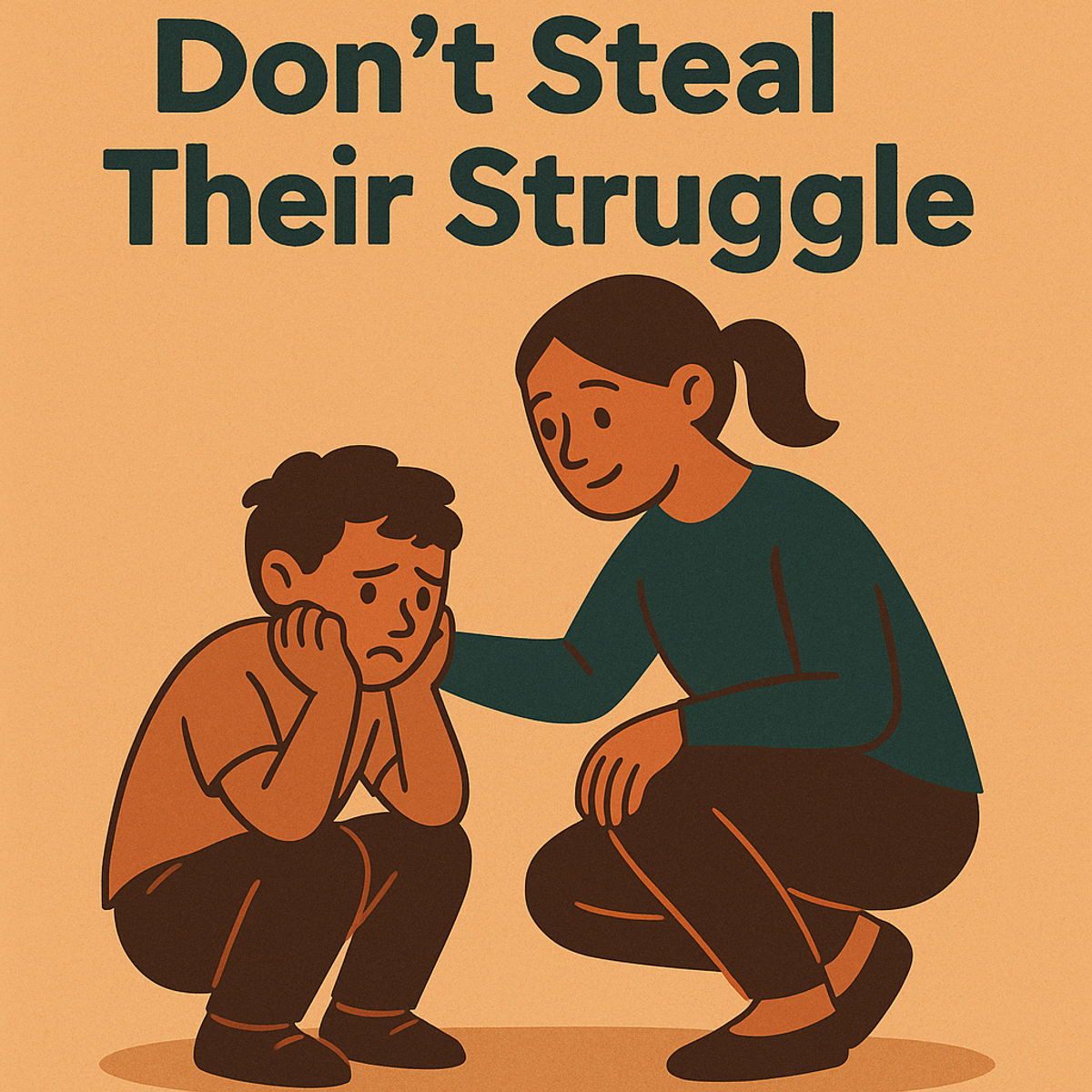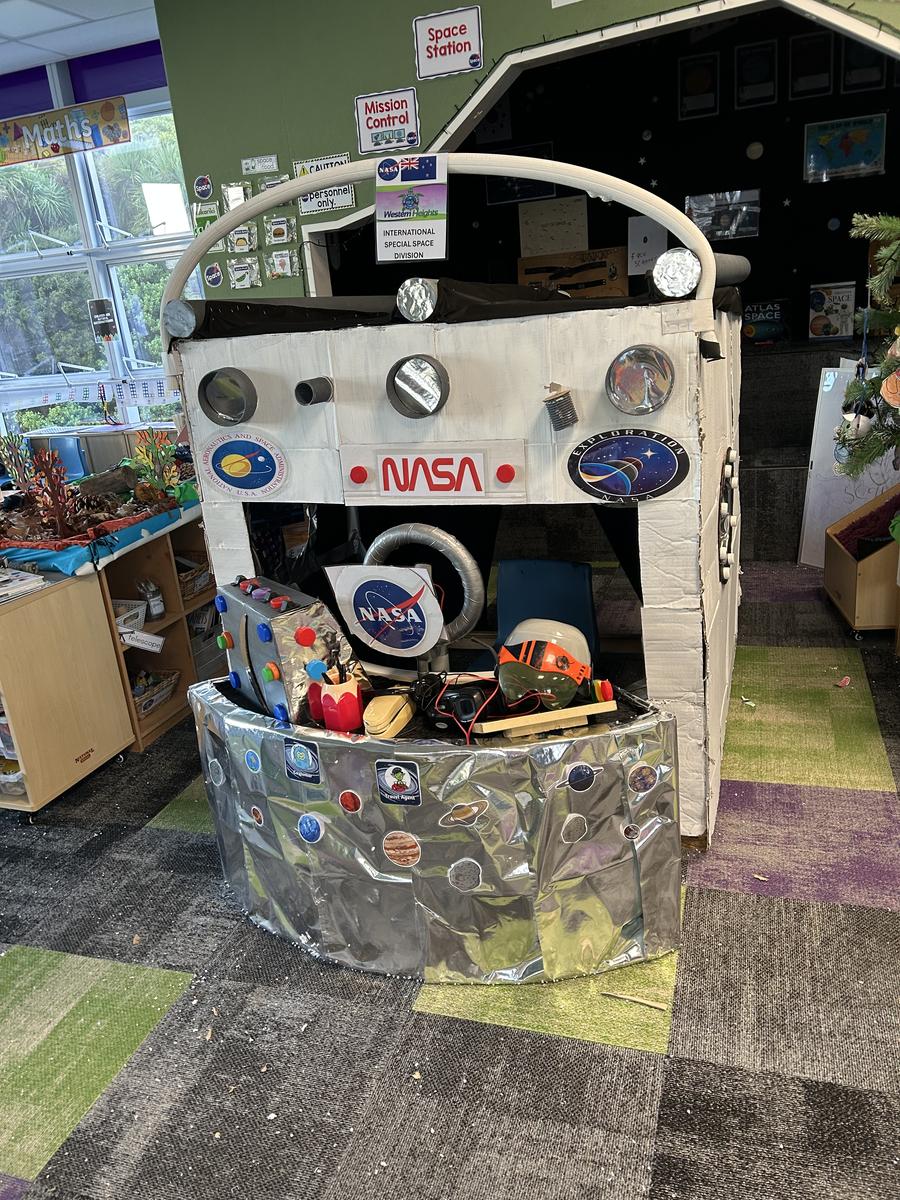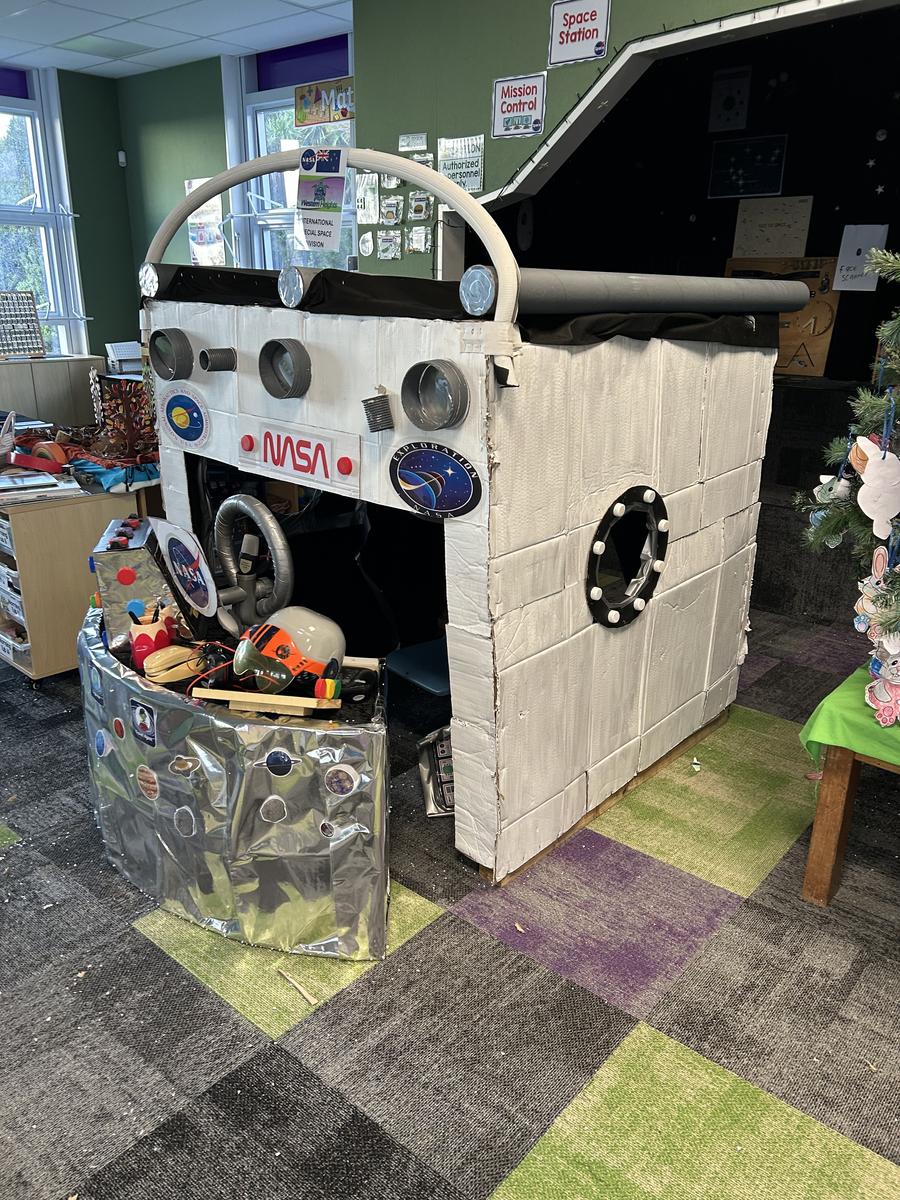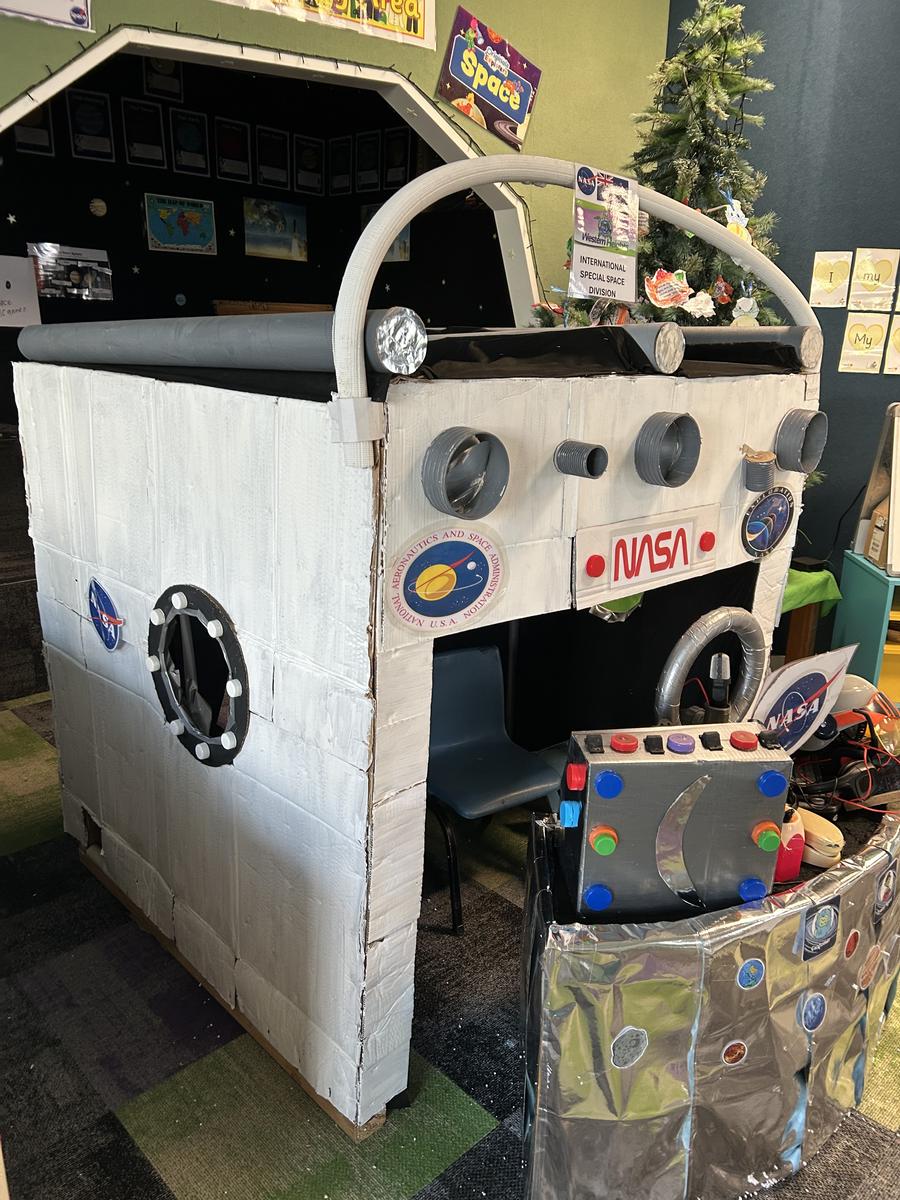Learning About Learning:
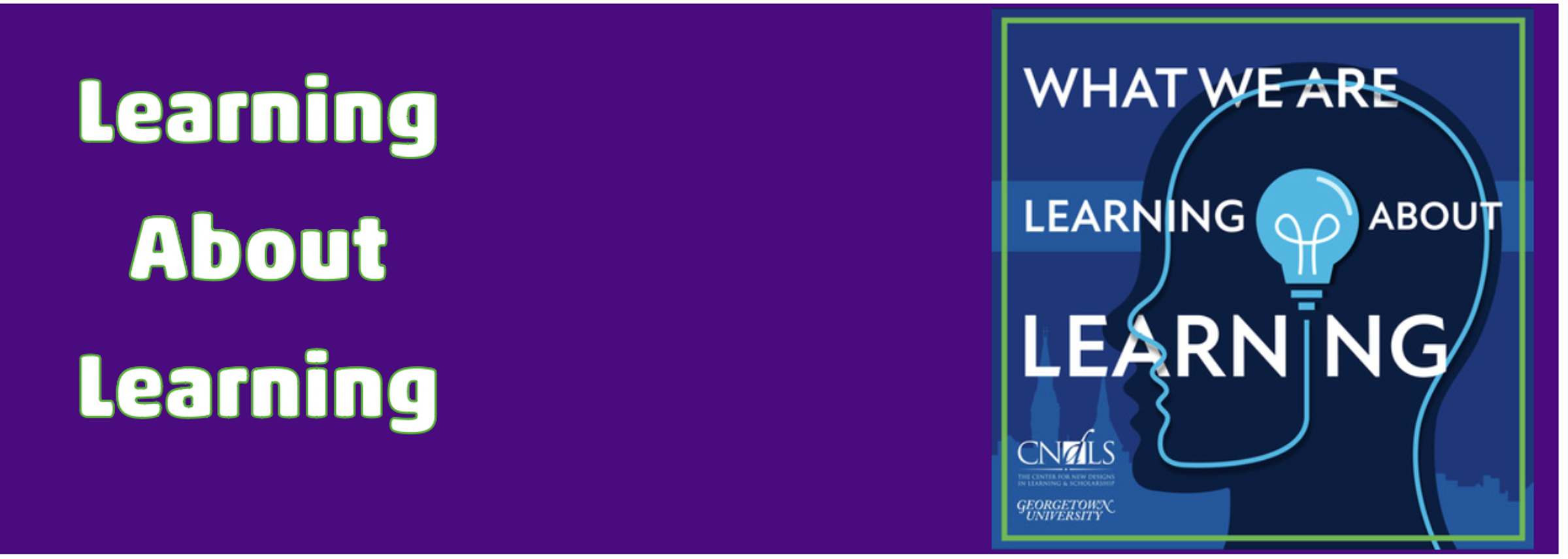
Number 1 in a Series: Building Learner Resilience
Don’t Steal Their Struggle
Helping learners grow stronger by facing—not avoiding—challenges
As educators and parents, our instinct is to protect. When we see our children facing difficulty—struggling with friendships, academic tasks, or self-doubt—our hearts leap to help. We jump in to solve the problem, offer the right words, or smooth the road ahead.
But what if our well-intended protection is also a form of interference?
In her book The Gift of Failure, educator and author Jessica Lahey explains:
“When we step in to save kids from struggle, we inadvertently send the message that we don’t think they can handle it.”
This is where the concept of “productive struggle” comes in. Research shows that learners who face and overcome challenges become more persistent, motivated, and successful in the long term. When children are allowed—and encouraged—to wrestle with difficulty, they begin to develop what psychologist Angela Duckworth famously calls “grit”: the combination of perseverance and passion over time.
A 2017 study from the University of Southern California found that children who experienced small, supported failures early in learning tasks were more likely to achieve mastery later on than those who were guided toward correct answers too quickly. The researchers concluded that:
“Struggle, when framed appropriately, is not only beneficial—it’s essential to long-term learning outcomes.”
Why do we step in?
We do it out of love. No adult wants to see a child suffer or fail. And it’s quicker and easier to solve a problem than to patiently coach a child through it. But our actions, even with the best intentions, can undermine a child’s sense of agency. In struggle, children learn resourcefulness, resilience, and the pride that comes from overcoming something difficult.
Dr. JoAnn Deak, a neuroscientist and expert in child development, uses the metaphor of the brain as a muscle. Just like lifting weights strengthens our physical muscles, cognitive and emotional struggle strengthens the brain's capacity to manage future challenges.
“The more the brain works, the more the brain grows,” she says.
A change in mindset—for us
The shift we advocate isn’t about abandoning children to fend for themselves. It’s about walking alongside them, providing scaffolding and encouragement, but not doing the heavy lifting for them.
Here’s how we can support the struggle without stealing it:
- Acknowledge the challenge: “That looks really tricky—how do you think you might handle it?”
- Offer encouragement, not solutions: “You’ve done hard things before. What helped you then?”
- Resist perfectionism: Focus on effort and persistence rather than neat outcomes.
- Model your own struggle: Let learners see you wrestle with difficult tasks and hear your self-talk as you persist.
Reframing failure
Failure is not the opposite of success—it’s a step on the path. In fact, Stanford professor Carol Dweck’s research on growth mindset shows that students who understand mistakes as learning opportunities tend to outperform those who fear failure. She writes:
“When students believe their abilities can be developed, they show greater motivation and achieve more.”
So instead of asking, “How can I protect my child from this problem?” we might start asking, “How can I support my child's growth through this experience?”
This doesn’t mean standing back and watching our children struggle in silence. It means being present, encouraging, and believing in their capacity to work things through with support, rather than substitution.
The butterfly effect
There’s a famous analogy in developmental psychology: When a person tries to help a butterfly out of its chrysalis, the butterfly never gains the strength it needs to fly. The act of struggling is what builds the strength in its wings. Without that struggle, it remains too weak.
Our children are no different. Struggle builds strength. Supported struggle builds resilience.
Final Thought
At Western Heights School, we believe in empowering children to grow into confident, capable, and courageous learners. That means giving them room to struggle, to problem-solve, and to emerge stronger than before.
So let’s not steal their struggle. Let’s trust in their potential—and be there to cheer them on as they rise.
On A Learning Related Note:
Our junior school students are learning about space. As a school, we are always trying to do our bit with recycling. Enter Whaea Crystal, who decided to make an awesome Space Station model out of recycled bits and pieces at school. She did this over the recent holidays, making for a great surprise for our little ones when school started this term.

